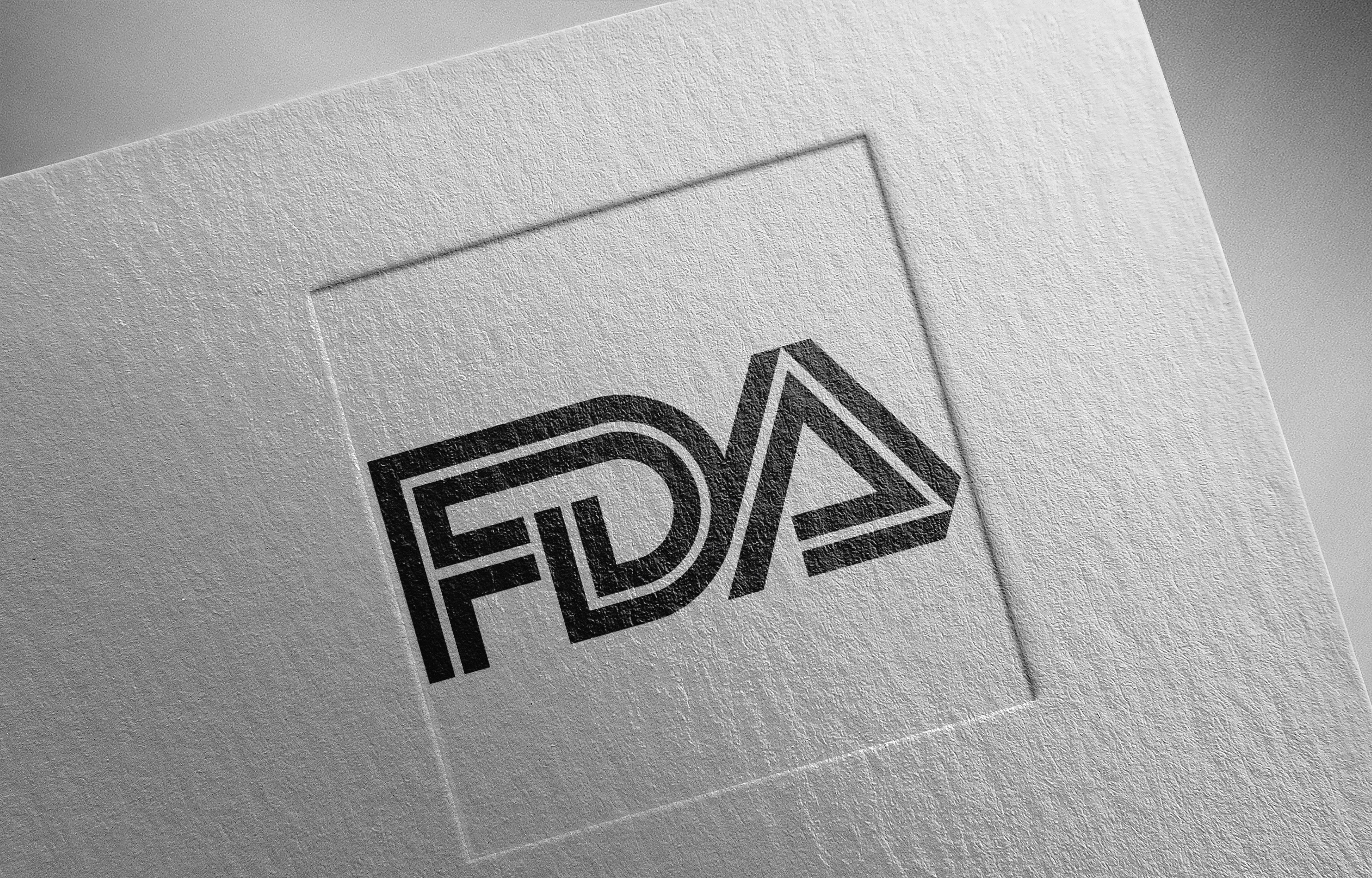5 pediatric FDA decisions to watch for in Q2 2025
A look ahead to 5 key regulatory decisions scheduled to take place during the second quarter of 2025, from a monoclonal antibody to topical psoriasis treatments.
5 pediatric FDA decisions to watch for in Q2 2025Latest revision | Image Credit: © Araki Illustrations - © Araki Illustrations - stock.adobe.com.

As we transition into the second quarter of 2025, pediatric health care providers are keeping a close eye on a slate of anticipated FDA decisions that could reshape the treatment landscape for children and adolescents.
With several pediatric-focused therapies advancing through late-stage review, the coming months are poised to deliver meaningful developments across a range of conditions—from dermatologic conditions to infectious diseases. These potential approvals not only reflect ongoing innovation in pediatric care but also offer new hope for young patients and their families.
In this article, we highlight, in chronological order according to PDUFA date, 5 FDA decisions to watch in Q2 2025.
5 FDA decisions to watch in Q2 2025
Dupilumab (Dupixent)
PDUFA: April 18, 2025
Indication: Chronic spontaneous urticaria in patients 12 years and up
Summary:
On November 15, 2024, Regeneron and Sanofi announced that the FDA has accepted the resubmitted supplemental Biologics License Application (sBLA) for dupilumab (Dupixent) to treat chronic spontaneous urticaria (CSU) in patients aged 12 years and older.
Based on data from the LIBERTY-CUPID phase 3 program, including Study C, dupilumab demonstrated significant improvements in urticaria activity and itch severity compared to placebo in patients uncontrolled on H1 antihistamines. The FDA has set a PDUFA target action date of April 18, 2025, and if approved, dupilumab would become the first targeted CSU therapy in a decade.
Click here for more data on dupilumab.
Prademagene zamikeracel (Pz-cel)
PDUFA: April 29, 2025
Indication: Recessive dystrophic epidermolysis bullosa
Summary:
On November 12, 2025, Abeona Therapeutics announced that the FDA has accepted the resubmitted Biologics License Application (BLA) for prademagene zamikeracel (pz-cel) to treat recessive dystrophic epidermolysis bullosa (RDEB).
Based on data from the phase 3 VITAL study and a phase 1/2a study with up to 8 years of follow-up, pz-cel demonstrated significant wound healing and pain reduction after a single administration.
If approved, pz-cel would become the first autologous, cell-based gene therapy for RDEB.
Click here for more data on pz-cel.
Roflumilast (ZORYVE) foam 0.3%
PDUFA: May 22, 2025
Indication: Scalp and body psoriasis in patients 12 years and older
Summary:
On September 24, 2024, Arcutis Biotherapeutics announced that the FDA has accepted the supplemental New Drug Application (sNDA) for roflumilast (Zoryve) foam 0.3% to treat scalp and body psoriasis in patients aged 12 years and older. Based on results from the phase 3 ARRECTOR trial and supporting studies, roflumilast foam demonstrated significant improvements in psoriasis severity, including 66.4% achieving Scalp-IGA success and 45.5% achieving Body-IGA success at week 8.
Click here for more roflumilast foam 0.3% data.
Clesrovimab
PDUFA: June 10, 2025
Indication: Respiratory syncytial virus
Summary:
December 17, 2024, Merck announced that the FDA has accepted the Biologics License Application (BLA) for clesrovimab, a monoclonal antibody to protect infants from respiratory syncytial virus (RSV) during their first RSV season. Based on data from the phase 2b/3 CLEVER trial and the ongoing phase 3 SMART trial, clesrovimab reduced RSV-associated hospitalizations by 84.2% and severe medically attended lower respiratory infections by 91.7% compared to placebo. The FDA has set a PDUFA target action date of June 10, 2025, and if approved, clesrovimab could be available for the 2025-26 RSV season.
Sebetralstat
PDUFA: June 17, 2025
Indication: Hereditary angioedema (HAE) attacks in adult, pediatric aged 12 years and up
Summary:
On September 3, 2024, KalVista Pharmaceuticals announced that the FDA has accepted its New Drug Application (NDA) for sebetralstat, an oral plasma kallikrein inhibitor for the on-demand treatment of hereditary angioedema (HAE) in patients aged 12 years and older.
Based on data from the KONFIDENT phase 3 trial and the ongoing KONFIDENT-S extension study, sebetralstat demonstrated significantly faster symptom relief compared to placebo and a favorable safety profile. The FDA has set a PDUFA target action date of June 17, 2025, and if approved, sebetralstat would be the first oral, on-demand treatment for HAE.
The Role of the Healthcare Provider Community in Increasing Public Awareness of RSV in All Infants
April 2nd 2022Scott Kober sits down with Dr. Joseph Domachowske, Professor of Pediatrics, Professor of Microbiology and Immunology, and Director of the Global Maternal-Child and Pediatric Health Program at the SUNY Upstate Medical University.